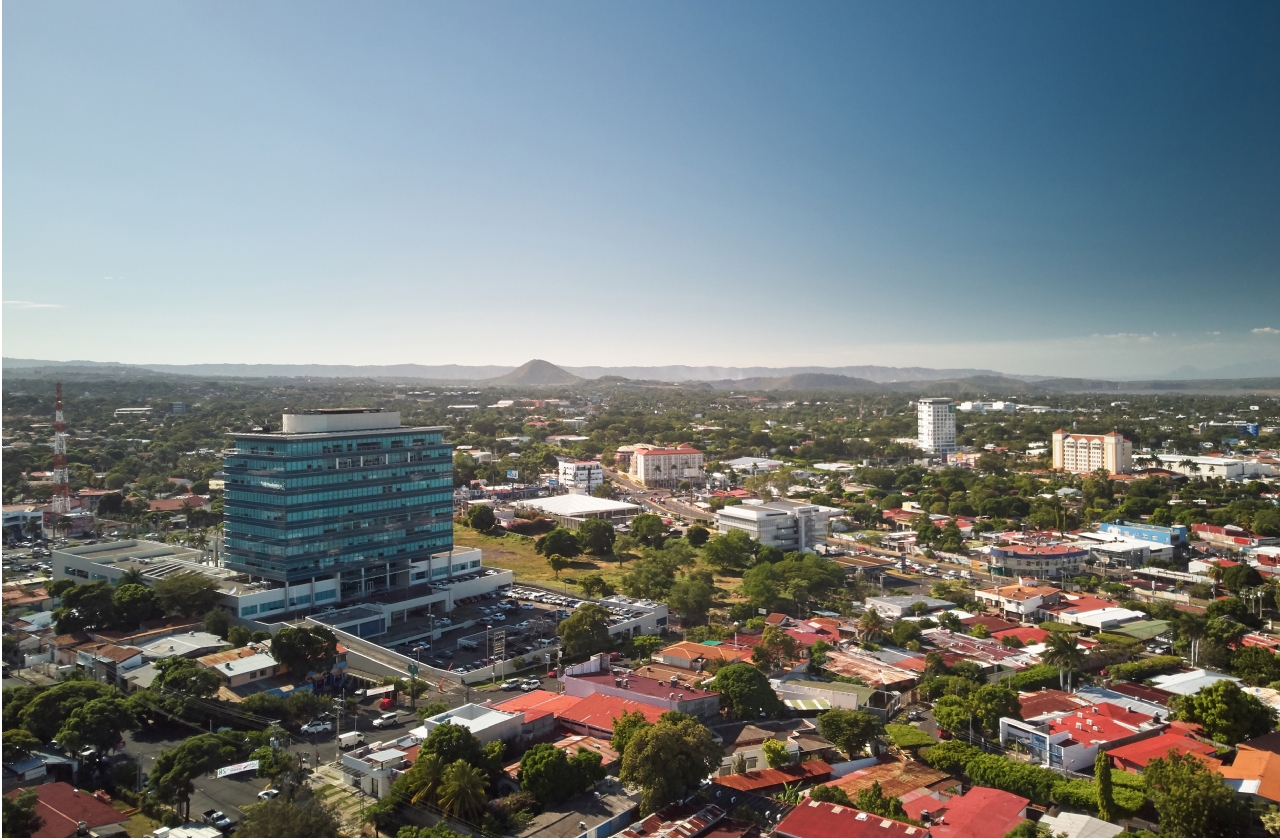
Nicaragua’s main businesses
Nicaragua’s economy is diverse, with its main industries rooted in agriculture, manufacturing, and services. Here is an overview of its primary businesses:
1. Agriculture and Agro-Export
Agriculture is the backbone of Nicaragua’s economy, contributing significantly to GDP and employment. Major agricultural exports include coffee, sugar, beef, tobacco, and peanuts. Coffee, in particular, is a vital crop, with Nicaragua ranking among the top producers in Central America. Many small-scale farmers and cooperatives thrive in the coffee sector, particularly in regions like Matagalpa and Jinotega.
Cattle farming is another significant agricultural activity, with beef and dairy products forming key export commodities. Bananas, plantains, and other tropical fruits are also cultivated, supplying both local markets and international buyers.
2. Manufacturing and Textiles
Manufacturing, especially in free trade zones (FTZs), plays a crucial role in the Nicaraguan economy. The country is a hub for textile and apparel production, largely for export to North America under trade agreements like CAFTA-DR (Dominican Republic-Central America Free Trade Agreement). Many foreign companies have established operations in FTZs, taking advantage of low labor costs and tax incentives.
Apart from textiles, Nicaragua also produces processed foods, beverages, and construction materials.
3. Tourism
Tourism has become one of Nicaragua’s fastest-growing sectors, with attractions such as colonial cities like Granada and León, pristine beaches, volcanic landscapes, and eco-tourism opportunities. The country markets itself as an affordable and adventurous destination. Businesses ranging from boutique hotels to tour operators thrive, particularly in areas like San Juan del Sur and the Corn Islands.
4. Energy
Nicaragua is making strides in renewable energy, with businesses investing in geothermal, wind, solar, and hydropower. The government and private enterprises aim to increase the share of renewable energy in the national grid, attracting international investors.
5. Fishing and Aquaculture
The fishing industry is another vital contributor, especially in exporting shrimp and lobster. Small-scale fishing communities along the Caribbean coast and aquaculture farms supply both domestic and international markets.
6. Mining
Gold mining has gained prominence as a significant export industry. International companies operate large-scale mining projects, contributing to employment and revenue.
7. Banking and Financial Services
The banking and financial sector, though relatively small, supports other businesses through credit and investment. Microfinance institutions play a critical role in rural development by funding small enterprises.
8. Small and Medium Enterprises (SMEs)
SMEs dominate Nicaragua’s domestic economy, spanning retail, food services, and handicrafts. Local artisans produce pottery, leather goods, and textiles, often sold in markets like Masaya.
Challenges and Opportunities
Nicaragua’s business landscape faces challenges, including political instability, limited infrastructure, and low income levels. However, its low-cost labor, access to trade agreements, and growing sectors like tourism and renewable energy present significant opportunities for growth. Businesses in Nicaragua continue to adapt and innovate, positioning the country for sustainable development.



Leave a Reply